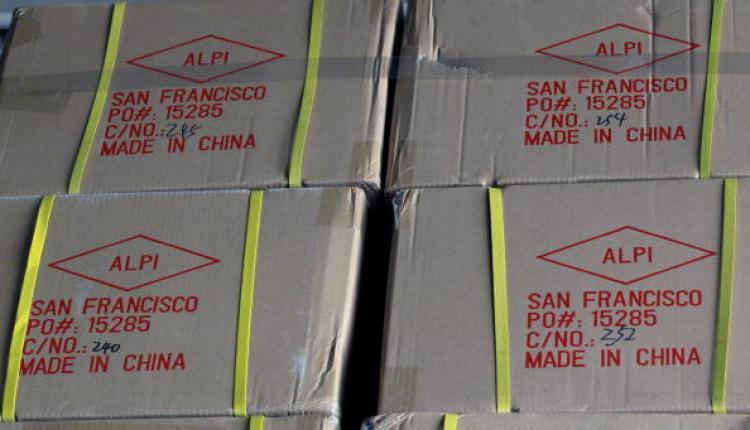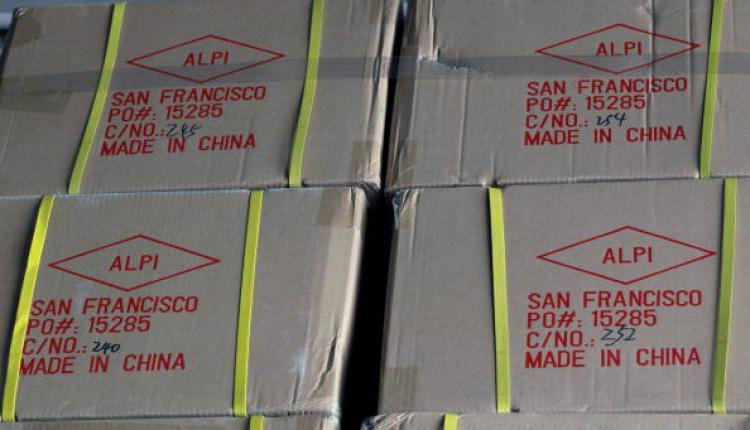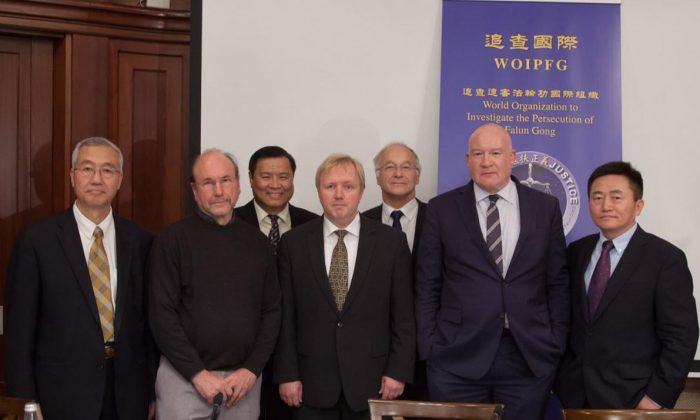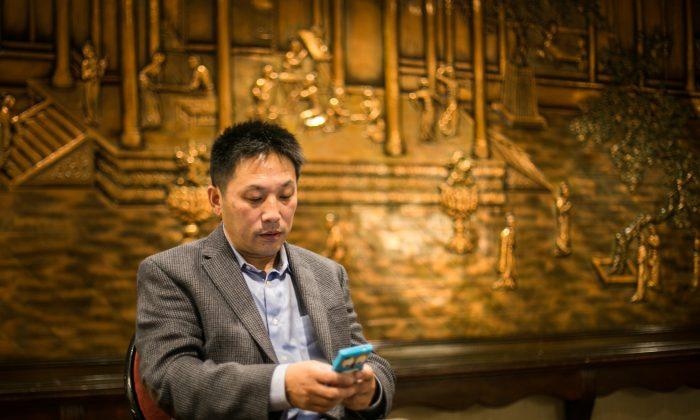[ World Bank Warns Of Global Currency Tensions - NTDTV ]
WASHINGTON, DC—While schools of thought in the United States contend over how to handle China’s currency manipulation (should it be tariffs? A multilateral push? WTO sanctions?), without provoking too much of a reaction from the Chinese regime, some say that there is already a trade war going on—or at least, a trade skirmish.
“We are in a trade war, a trade skirmish,” said Gary Horlick, a former Deputy Assistant Secretary of Commerce for Import Administration, in a panel hosted by the Washington International Trade Association on Oct. 7.
He noted that almost every time the United States makes a move on trade that China doesn’t like—including legitimate ones—there is retaliation.
“We’ve been hit with 60 percent duties,” said Horlick, who is counsel of the U.S. poultry industry. “China went out of its way to countervail the corn and soybean industry… China [also] recently countervailed on steel,” he added.
The U.S. beef and pork industries have also been hit: “They can’t sell in China… Maybe other U.S. industries aren’t seeing retaliation, but farmers are—lots of them.”
The panel was held in the context of renewed domestic debate about how best to deal with China’s mercantilist trade practices. Last week, the House of Representatives approved a bill that may lead to punitive tariffs on Chinese imports.
But when the U.S. adjusts one aspect of its trade policies that may be in some way detrimental to China, China retaliates in another area, mostly illegally. Mechanisms of retaliation include the delay of permits, order cancellations, and a toolbox of other informal means, according to Erin Ennis, Vice President of the U.S.-China Business Council, also speaking at the panel. The Chinese regime does this to other countries, too.
By undervaluing its currency, China effectively provides subsidies to exporters—which directly violates trade agreements. “It’s a benefit derived from government price fixing, and we should exercise our legitimate legal right to secure a remedy,” said Charles Blum, Executive Director of the Fair Currency Coalition. “Abandon your mercantilist practices or abandon your exports to the United States.”
Attempts by the United States to slap tariffs on Chinese imports would most likely be counterproductive, according to Ennis. There has recently been a depegging of the yuan and a slow appreciation of 2-3 percent, but “they need to push more quickly,” she said.
A series of other tweaks or domestic solutions the United States could implement were also proposed, not involving punitive tariffs.
At the same time, the kernel of the reason for the Chinese Communist Party (CCP) to pursue long-term currency manipulation is still not entirely clear, according to Horlick. Though external rhetoric talks of the need for “social stability,” he speculates that it may be in part “the guys in Mofcom [the Chinese Ministry of Commerce] and Communist Party cadres” looking out for their own interests that keep the yuan undervalued.
“Mofcom is the champion of state-owned enterprises, which is a kind of get-rich-quick scheme for members of the Communist Party,” he said, noting that the internal debate in China on the matter is unclear. “It’s not a technocratic problem,” he suggested. “It’s a political problem.”







Friends Read Free